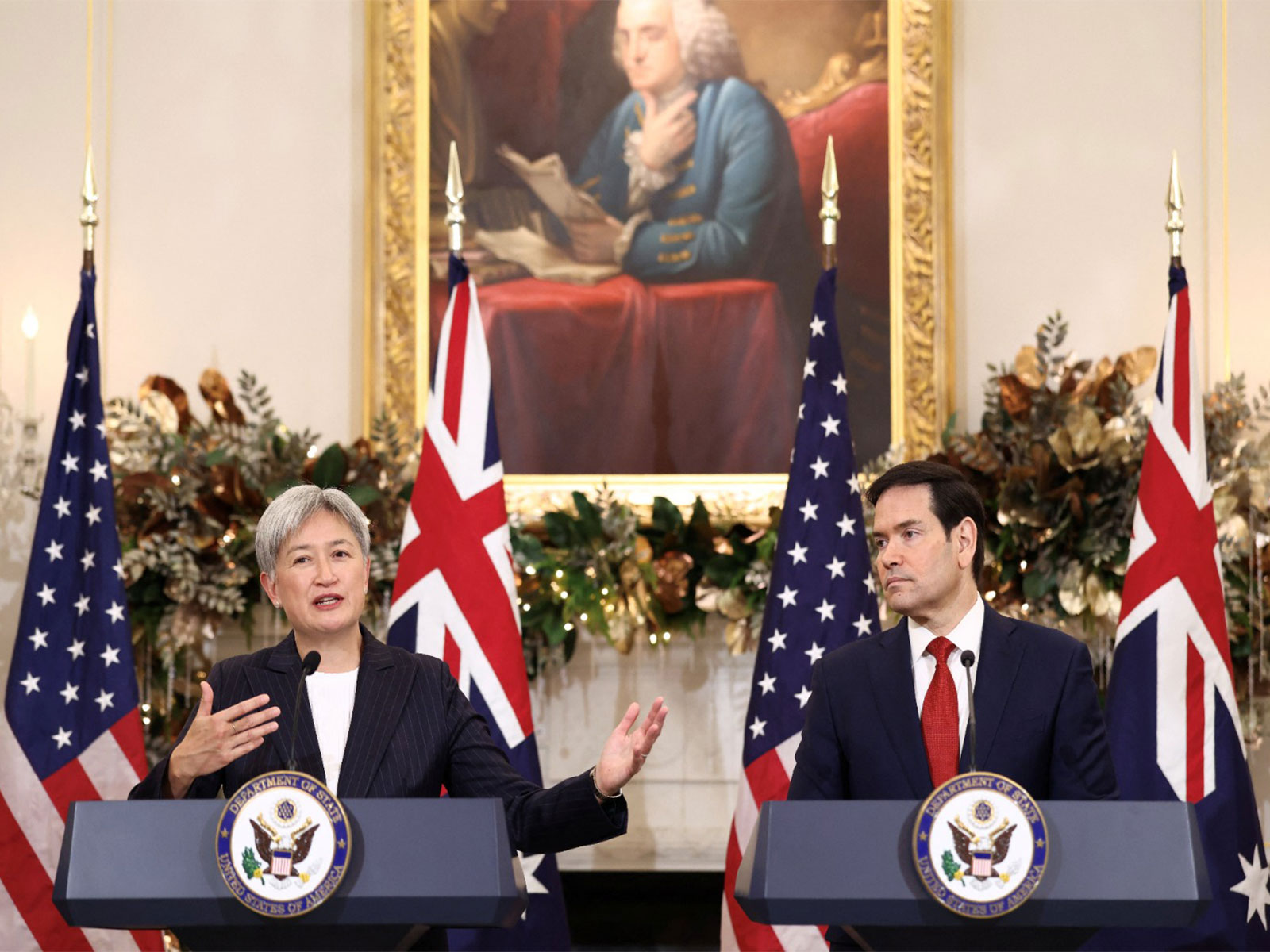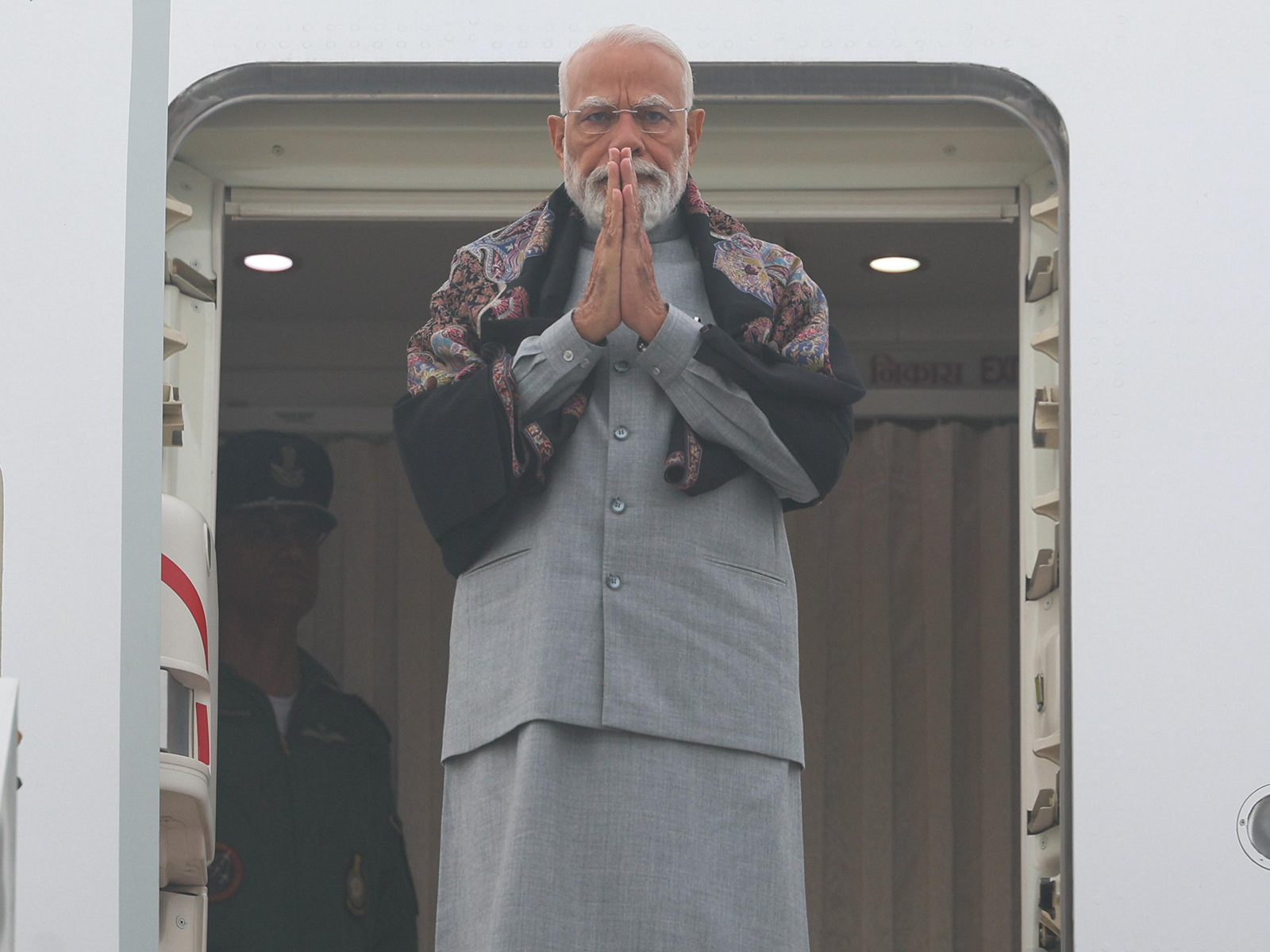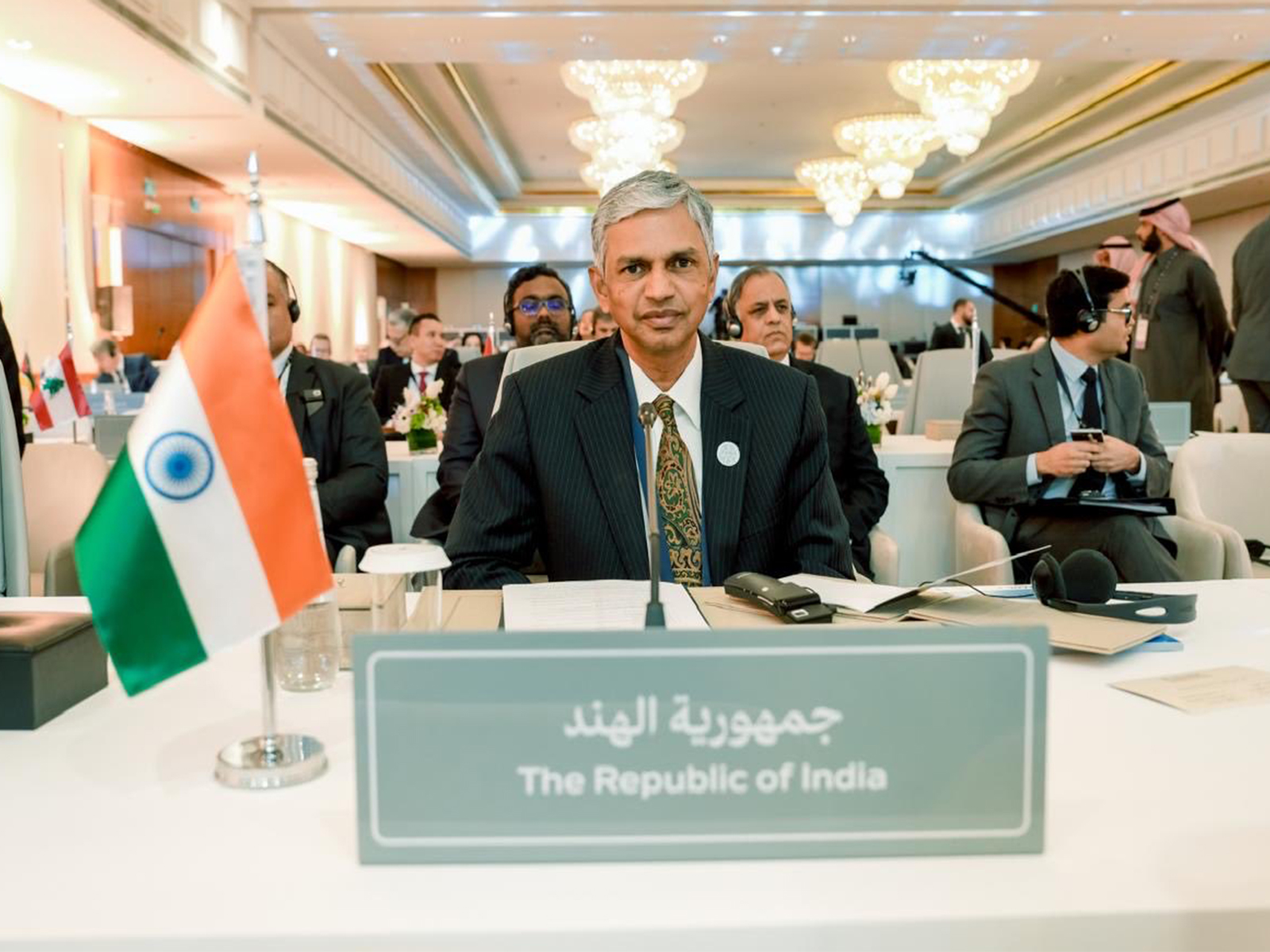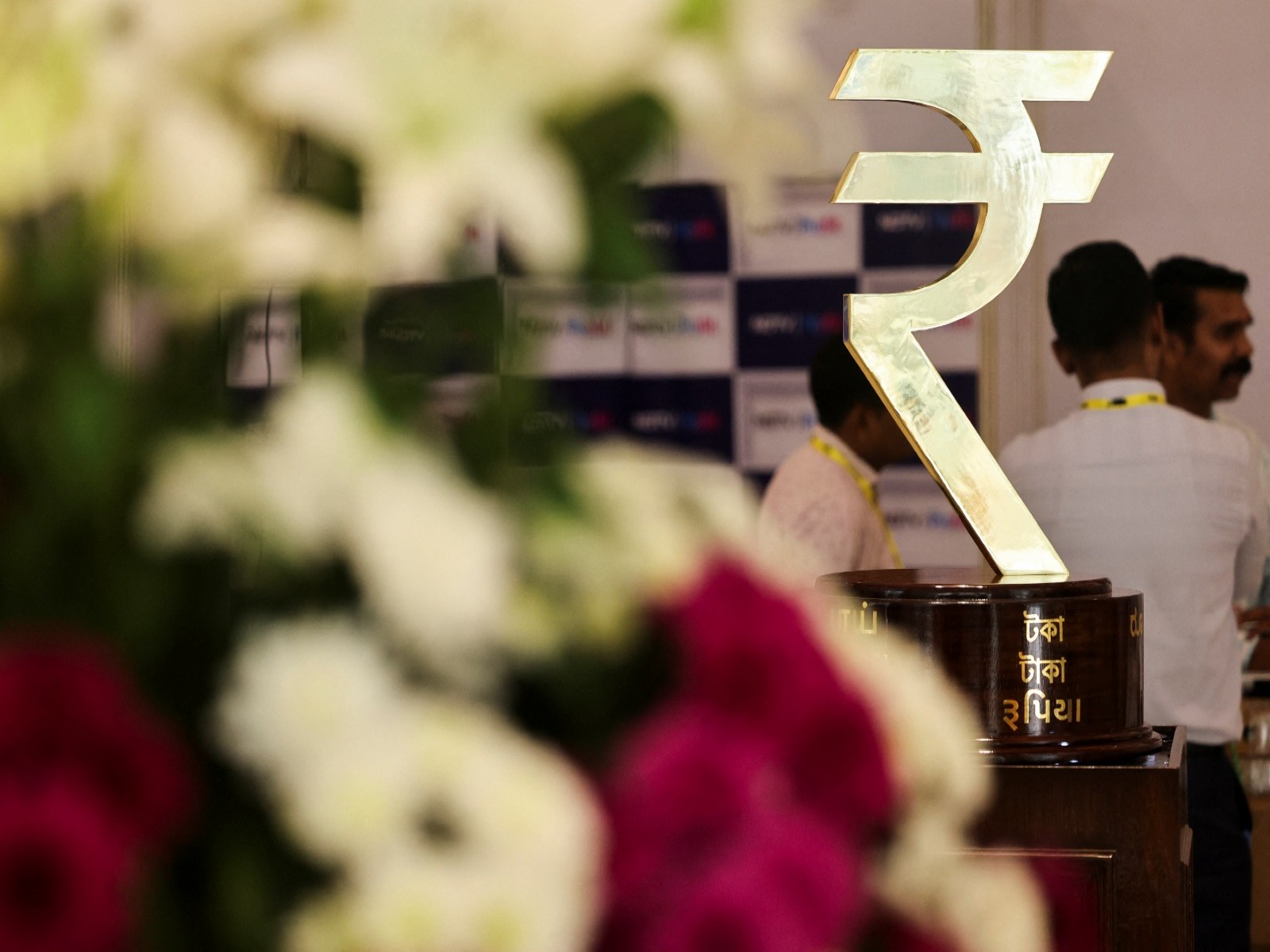CCP's upcoming National Congress to seek answers to challenges facing China
Oct 04, 2022

Beijing [China], October 4 : At the upcoming 20th National Congress, the Chinese regime led by Xi Jinping will look to provide answers to key challenges facing China, including Covid-19, economy, and Taiwan issue.
Chinese Communist Party (CCP), which will begin its 20th party congress on October 16, will most likely secure Chinese President Xi Jinping an unprecedented third term.
Next week's meeting of more than 2,000 members of the body will take part in the selection of new blood for the party's Central Committee. Others are expected to be promoted to the 25-people Politburo as well.
Writing for the Settimana news, columnist Francesco Sisci said the party will make moves and choose people by defining themes and projects. "Then these answers will also guide which people's profiles to choose from."
Sisci said that at the 20th National Congress must be credible enough to be swallowed by the 2,296 delegates, who then have to feed them to their underlings and through them to 1.4 billion Chinese people.
"The process hinges on that credibility, which, if not strong enough at the source, will run thin at the mouth of the river of discourse," he adds.
According to the China expert, the need to put forth credible arguments may force the party also to make massive turns. "Credible, in turn, is defined by pragmatic evidence supporting one thesis or another."
Ahead of the 20th National Congress of the Chinese Communist Party (CCP), President Xi Jinping is pushing for a "new era" discourse to strengthen his personal power.
Writing for The Diplomat magazine, columnist Hugo Jones said that the "new era" - connoting a fundamental historical shift - has been systematically fused with the persona of Xi in Chinese official discourse.
Notably, Xi calls Mao Zedong's time the 'revolution period,' Deng Xiaoping's the 'building period,' Jiang Zemin and Hu Jintao's the 'reform period' while calling his term a 'whole new era.'
For the past five years, the term "new era" has appeared with increasing frequency in China's white papers, propaganda, official speeches, and public diplomacy.
From early on in his premiership, it was clear that Xi Jinping sought historical significance greater than that of his two immediate predecessors, Hu Jintao and Jiang Zemin. This was also encouraged by growing Chinese nationalism, which predates Xi, The Diplomat reported.
Xi's bid for greater historical significance has had negative consequences for China at the world stage.
Global opinion of China, under Chairman Xi Jinping, has shifted and become more negative, according to a Washington-based think tank.
Multiple factors have affected views of China over time in several countries, including the US, South Korea, Japan and Australia.
The Pew Research Center research says the sense that China has handled COVID-19 poorly and is at fault for the virus's spread certainly is related to negative opinions of the superpower, but is not the only factor driving attitudes. "Rather, negative views of China were already rising prior to the pandemic," it says.
President Xi Jinping - who is likely to secure the third term at the 20th National Congress of the Chinese Communist Party (CCP) in Beijing on October 16 - is also seen quite negatively.
"Xi has been in power in China for the past decade, one marked by global feats like building an international space station, hosting the 2022 Winter Olympics and pouring billions of dollars into international infrastructure through the ambitious Belt and Road Initiative," the study says.



















